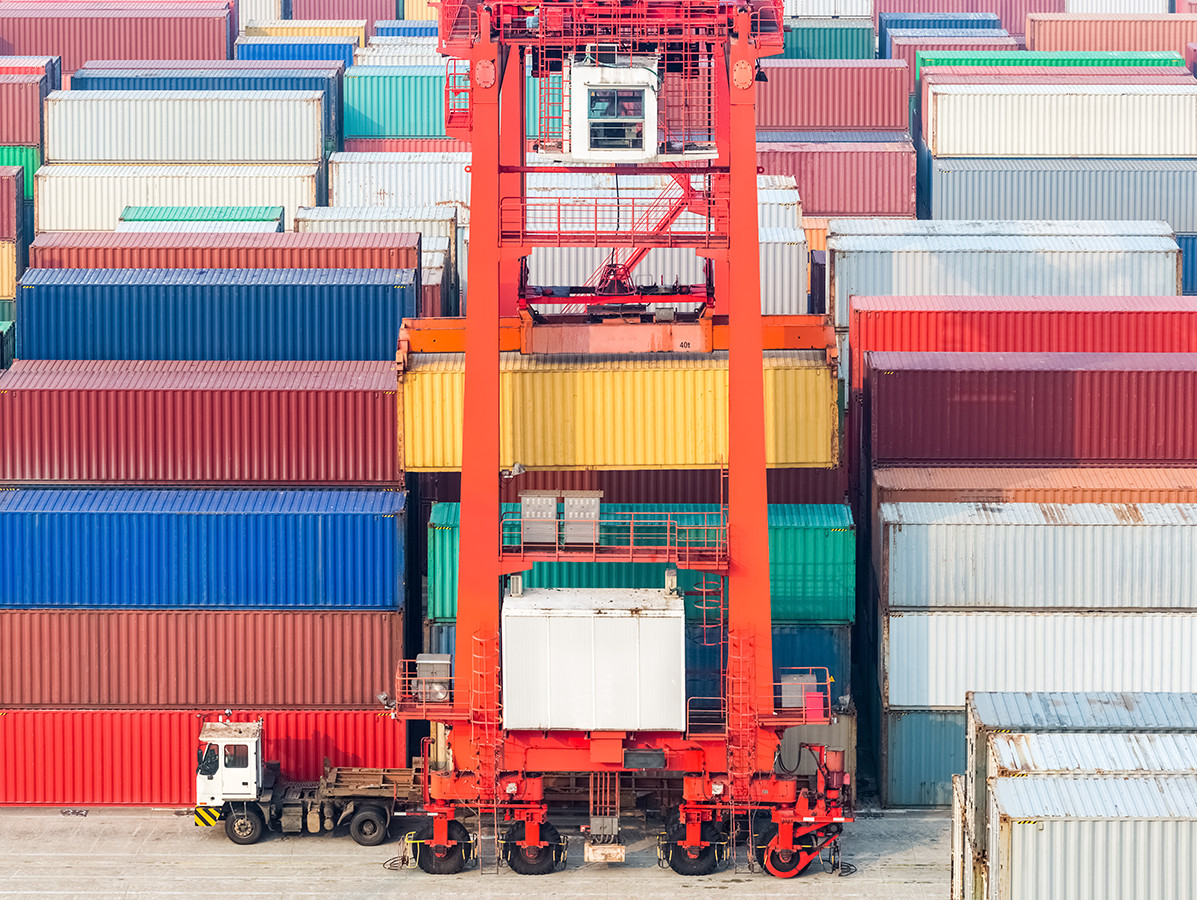
The new coronavirus is causing a shortage of containers, according to news agency Reuters. Due to the measures taken in China to contain the virus, logistics chains are coming to a standstill and many containers remain in Chinese ports. These containers actually had to be unloaded and transported with new cargo to other destinations. Now that this is not happening, fewer containers are available elsewhere in the world. In particular, there is a shortage of reefer containers, known as reefers.
Refrigerated containers are mainly used for the transport of medicines and food, such as meat, fruit and vegetables. A shortage of these containers is currently making it difficult for some Dutch companies that export this type of food to obtain reefers. As a result, the export of these products is more expensive or delayed.
The shortage may have consequences for Dutch entrepreneurs who export food. The Netherlands is a large food exporter and a part of this goes with reefer containers to continents that cannot be reached by land. To Africa, fish, meat, onions and seed potatoes, to Asia meat such as pork ears and stomachs, and to North America cheese and paprika, among other things, are transported. Not only are the rates for reefer containers rising, but it is also becoming more difficult to hire reefer containers, as several of ABN AMRO's business customers have confirmed.
In total, the Netherlands exports EUR 8.9 billion worth of meat annually, EUR 7.7 billion worth of dairy products, EUR 3.7 billion worth of fish and EUR 12 billion worth of fresh and chilled fruit and vegetables. The bulk is destined for neighbouring countries such as Germany, Belgium and the United Kingdom. Transport to these countries is mainly by road using refrigerated trucks. On average, however, 15% of exports go to continents that cannot be reached by road anyway. This is the part of the export that can be affected by the shortage of refrigerated containers. Part of the export to other European countries also goes via coastal shipping in reefers.
The consequences can also be major for importers of food. Rotterdam is an important transit port for bananas and avocados, for example. In 2018, for example, the Netherlands imported 458 million euros worth of avocados. These products are mainly transported in reefers. A shortage of reefers can therefore also affect the transit of food.
So it seems that the shortage of reefer containers could still last and could be a problem for Dutch food companies.
Source: © ABN AMRO